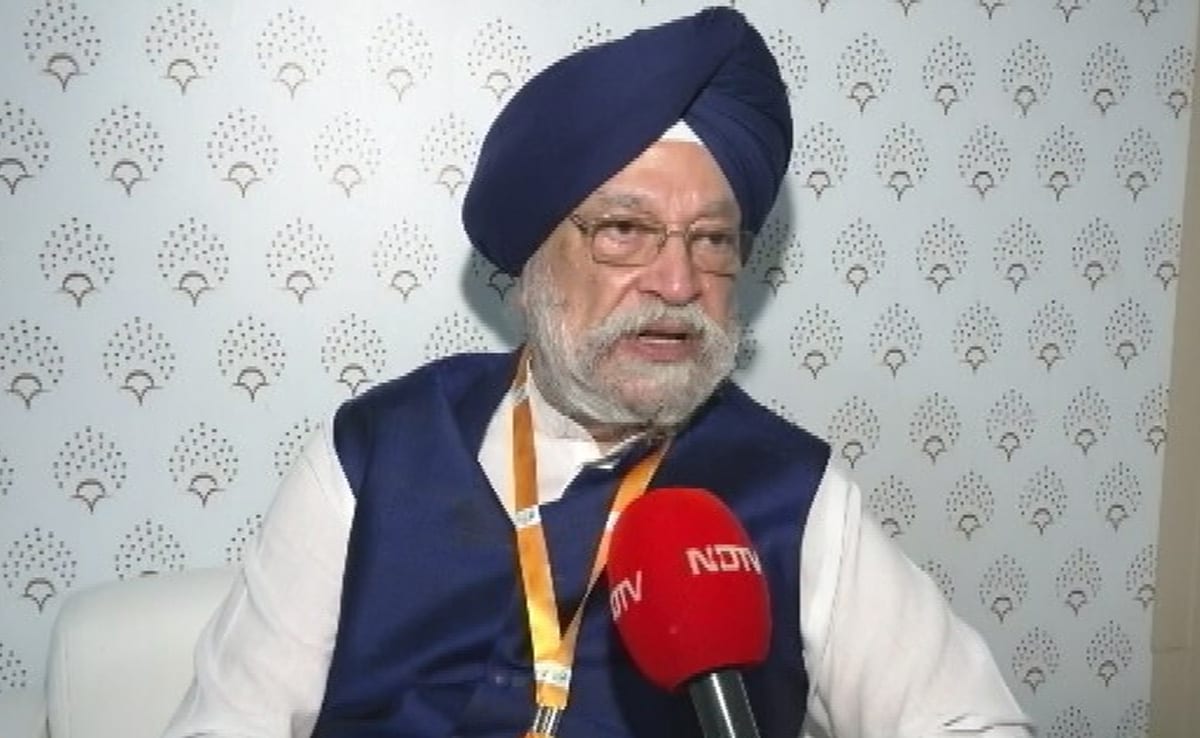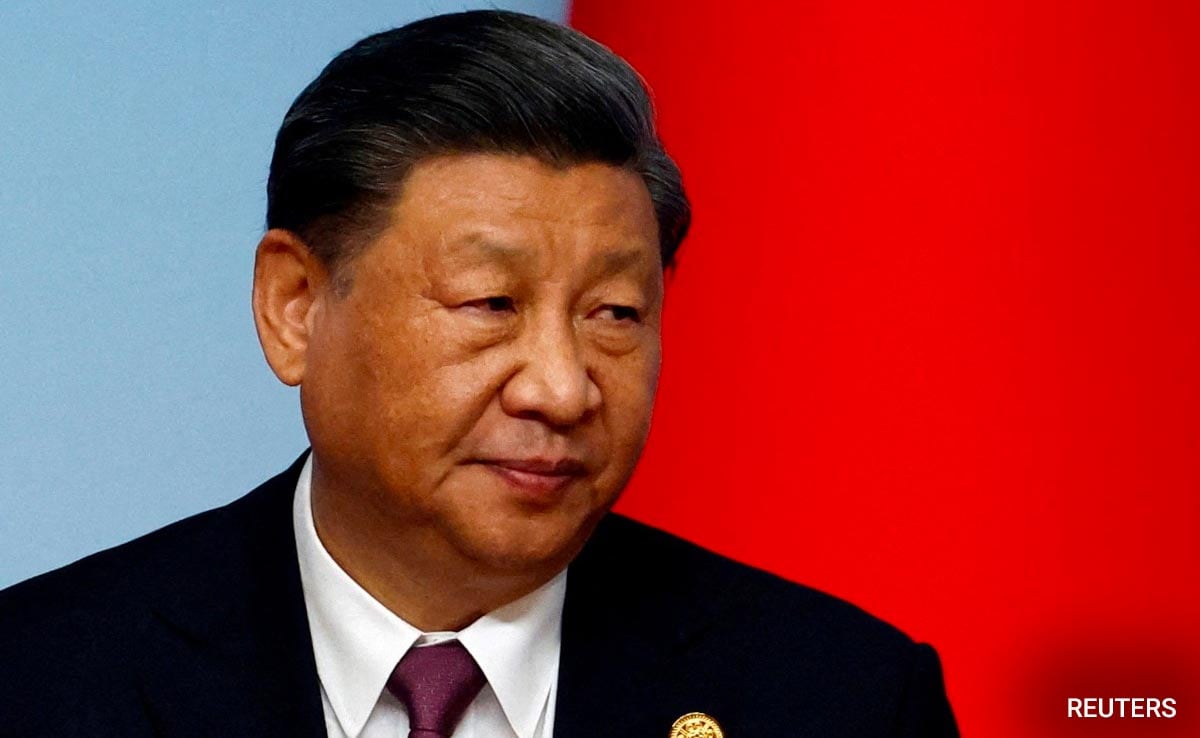U.K. Prime Minister Rishi Sunak’s Conservative Party was dealt a double blow on Friday as it lost two longtime parliamentary constituencies to the Labour Party. While it is not unusual for the incumbent to lose a byelection, the results come weeks after Mr. Sunak delivered a speech at his party’s annual conference in Manchester, seeking to project himself as a reformer and asking for Britons’ votes as the country moves towards a general election in 2024 .
Labour flipped Mid Bedfordshire, a constituency north of London, overturning a majority of about 25,000 ( 20.5% vote swing) and ousting the Tories who had held the seat for almost a century.
In the largely rural constituency of Tamworth near Birmingham, Labour overturned a Tory majority of just under 20,000 votes . Both constituencies became vacant after Tory MPs quit during their term.
Tamworth’s former MP, Tory whip Chris Pincher had resigned in September after he was unsuccessful in appealing a suspension from the House of Commons for allegedly groping two men at a club in London. On Friday, Labour’s Sarah Edwards, who has held union and public sector roles, beat her Conservative opponent Andrew Cooper by 1,316 votes, a 23.9% vote swing, the second largest such swing since 1945.
On Friday, Alistair Strathern, a former teacher and Bank of England employee, won the Mid Bedfordshire constituency beating his conservative opponent by Festus Akinbusoye by 1,192 votes. The seat was earlier held by Nadine Dorries, a former Culture Minister in the erstwhile Conservative government of Boris Johnson. Ms Dorries resigned in August this year, after failing to secure a nominated seat in the U.K. House of Lords and due to differences with Mr Sunak, whom she had criticized for leading “a Zombie parliament”.
The last time such swings occurred away from the Tories was in the 1992-1997 Parliament (under Tory Prime Minister John Major) according to political scientist John Curtice of the University of Strathclyde. Labour, led by Tony Blair, won a landslide victory in 1997.
Some Conservative politicians blamed voters staying at home for the defeat. Tory Chairman Greg Hands called Friday’s results “very disappointing”.
“ I think the biggest problem was previous Conservative voters staying at home,” he said.
“Labour is back in the service of working people and redrawing the political map,” Labour Party leader Keir Starmer said., adding that Britons wanted “overwhelming change”. Labour has had a double-digit lead over the Conservative Party in recent polls, including a 20-point lead in a September survey by Ipsos. However, the same survey also showed that while Mr. Starmer’s net favourability rating was better (i.e., not as bad) as Mr. Sunak’s, it was still at – 22 .
Mr. Sunak was on a visit to West Asia as results came in.
Looking at the byelection results, Mr. Starmer said he did not “want to get carried away” and said that every vote would have to be earned, as per reporting from the BBC.
“Of course, there is no guarantee that history will repeat itself,” Mr. Curtice told the BBC on Friday, comparing this week’s results to run up to the Labour victory in 1997













